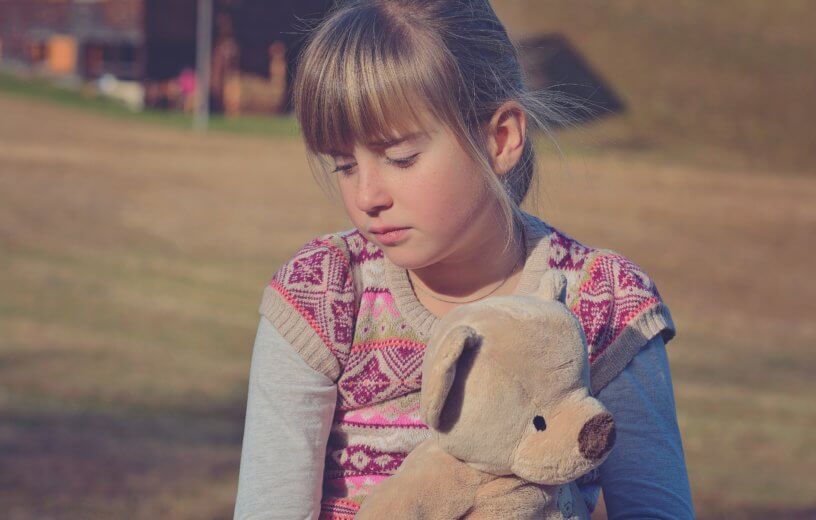UNIVERSITY PARK, Pa. — Losing a parent at any age is a devastating experience. When such tragedies happen to younger children, their entire future may be put in jeopardy. Researchers at Penn State estimate that nearly 40,000 American children have lost at least one parent to COVID-19. Their study finds the coronavirus pandemic could be burdening thousands of youths with mental health and financial troubles for years to come.
The team adds that without immediate assistance, many youngsters (some now orphans) are at high risk for prolonged grief and depression, lower educational attainment, and economic insecurity. Researcher Ashton Verdery adds the risk of accidental death or suicide can also rise without proper parental supervision. According to their statistical models, every 13th COVID death in the United States costs a child their parent.
“When we think of COVID-19 mortality, much of the conversation focuses on the fact that older adults are the populations at greatest risk. About 81% of deaths have been among those ages 65 and older according to the CDC,” says Verdery, an associate professor of sociology, demography and social data analytics, in a university release.
“However, that leaves 19% of deaths among those under 65 — 15% of deaths are among those in their 50s and early 60s and 3% are among those in their 40s. In these younger age groups, substantial numbers of people have children, for whom the loss of a parent is a potentially devastating challenge.”
Study authors add three-quarters of the children whose parents have died during the pandemic are adolescents. One in four are in elementary school.
Getting grieving children the support they need
The study finds parental death is especially impacting Black families. Researchers estimate that a fifth of the children losing parents to COVID are African American. This comes even though Black children only make up about 14 percent of all youths in the U.S.
Study authors also predict the pandemic will send the number of parental bereavement cases soaring by 18 to 20 percent. This will continue to strain a system the team says already has problems when it comes to connecting eligible children with proper government resources.
Following the devastating attacks on Sept. 11, 2001, the federal government started several programs to help support the victims’ families. Approximately 3,000 children lost a parent on that day.
Twenty years later, grieving children face a unique set of challenges during the pandemic. Researchers say between COVID isolation, government issues, and economic struggles, kids are having a harder time finding support. Making matters worse, study authors say many issues facing children are going unrecognized due to school closures.
“Teachers are such a vital resource in terms of identifying and helping at-risk children, and it is harder for them to do that when schools are operating remotely and teachers are so overburdened, making it vital to resume in-person instruction safely and support worn-out educators,” Verdery explains.
Does America face an orphan crisis?
Researchers warn that as the COVID death toll increases, these problems may grow worse for children. The study recommends that officials make a national effort to expand assistance and support programs for children losing parents.
“I think the first thing we need to do is to proactively connect all children to the available supports they are entitled to, like Social Security child survivor benefits — research shows only about half of eligible children are connected to these programs in normal circumstances, but that those who do fare much better,” Verdery concludes. “We should also consider expanding eligibility to these resources. Second, a national effort to identify and provide counseling and related resources to all children who lose a parent is vital.”
The study appears in the journal JAMA Pediatrics.
